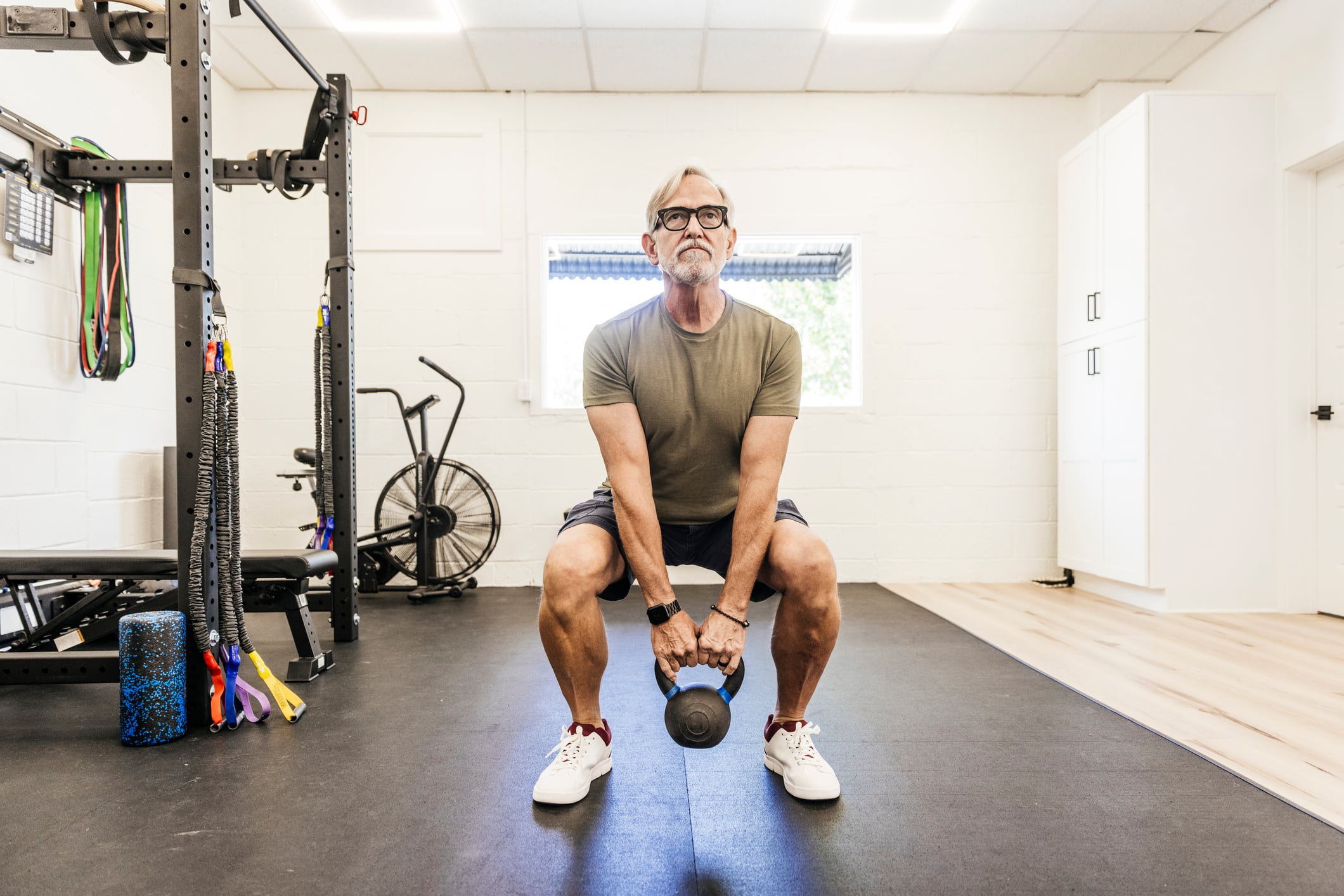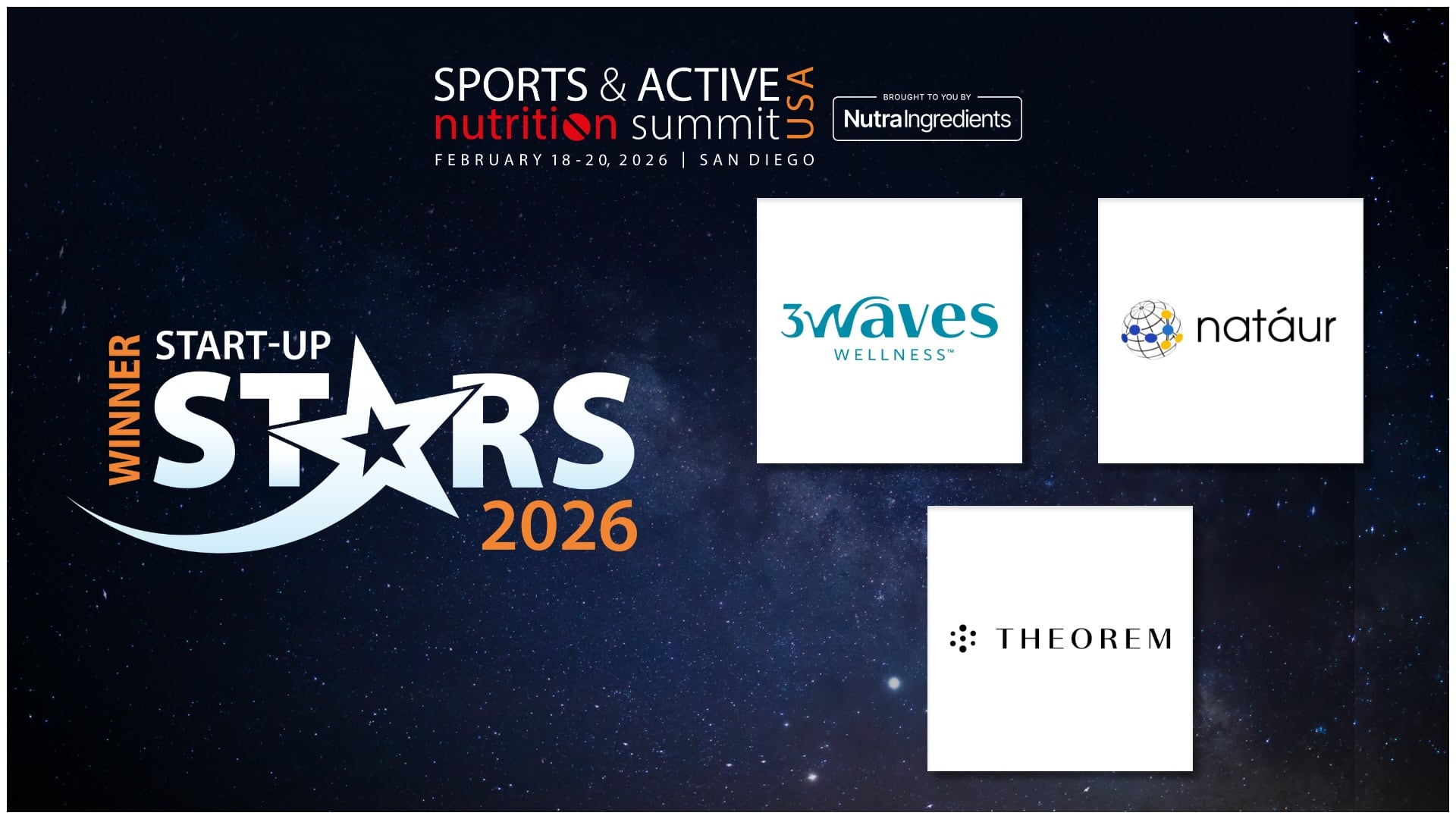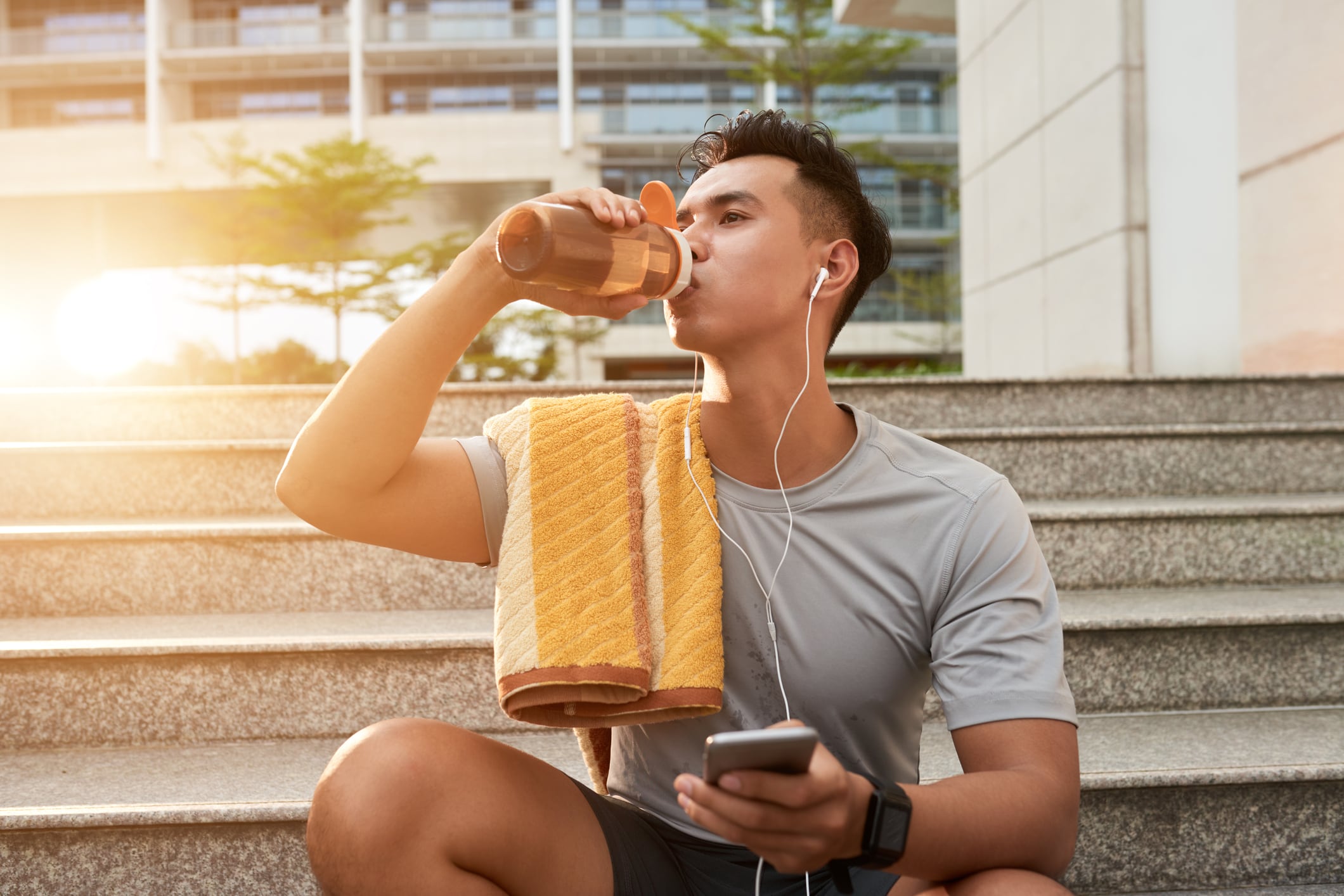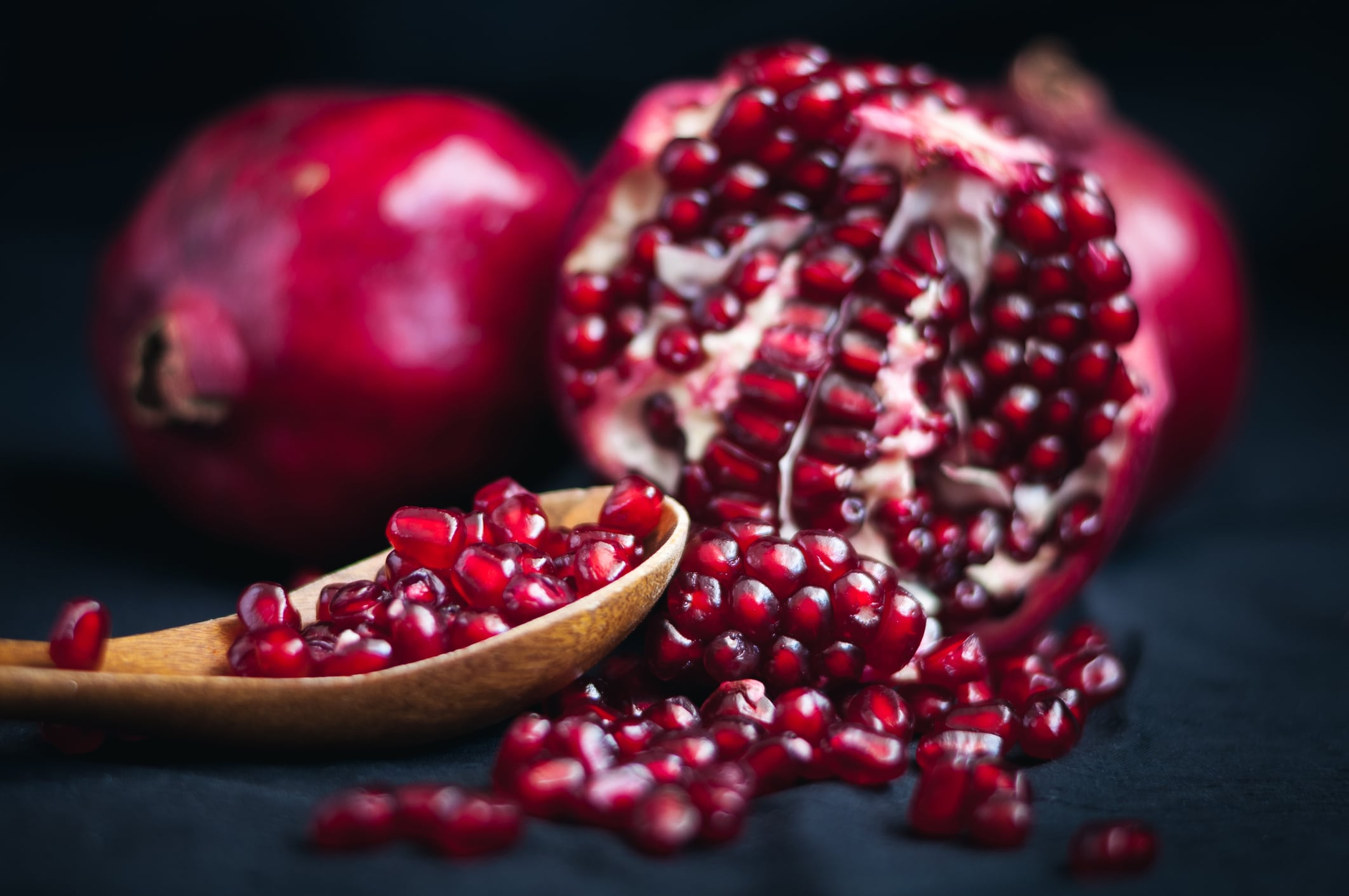Published in the Journal of Nutrition, Health and Aging, the study of adults with self-reported muscle mass decline found the positive impact was particularly prominent for those exercising at a lower volume.
“LM may have limited utility in populations who can perform higher volumes of training, but it may be of interest in populations with restricted exercise capacity,” wrote researchers at Juntendo University, Kaneka Corporation, who funded the study, and other institutions in Japan, noting that additional research is needed to clarify the clinical relevance of the findings.
The Backhousia citriodora (LM) leaf extract is known for its antimicrobial, anti-inflammatory, and antioxidant properties. The current researchers previously studied the extract’s effects on muscle wasting in animals. They found that the active ingredient, casuarinin, may activate skeletal muscle satellite cells and stimulate protein synthesis, suggesting a potential role in sarcopenia.
In the current study, the researchers highlighted the fact that physical and mental frailty in older adults may limit their protein intake. Additionally, individuals with chronic kidney disease may be advised to restrict their protein intake to slow the progression of the disease.
“The intake of LM, which was the focus of the present study, aims to enhance muscle hypertrophy and represents a significantly different approach from conventional nutritional strategies,” they wrote.
Study details
The research consisted of two randomized, double-blind, placebo-controlled intervention studies involving 125 Japanese men and women aged 65 or older who reported declines in muscle mass.
In both studies, participants performed bodyweight resistance training twice weekly for 12 weeks.
Study one compared the LM intervention plus typical volume (three sets) resistance training to placebo plus the same exercise. Study two compared the placebo to LM with low-volume (one set) resistance training.
The LM extract was supplied by Kaneka Corporation, each of the two daily capsules containing 1.25 mg of the active ingredient casuarinin.
The primary outcome evaluated by the researchers was anterior thigh (AT) muscle thickness, and secondary outcomes were body composition and physical functions such as walking speed.
They found a significant increase in AT muscle thickness in the LM group compared with placebo in study two. Study one LM group also showed a greater increase than placebo, although it wasn’t statistically significant.
There were no significant differences for the secondary outcomes.
“LM intake may enhance muscle hypertrophy when combined with low-load resistance training in older adults with self-reported declines in muscle strength decline, particularly under low-volume training conditions,” the researchers concluded.
They noted the limitations of not examining the effects of LM consumption alone and recommended further studies to establish the extract’s clinical relevance.
Source: The Journal of Nutrition, Health and Aging, Volume 29, Issue 12, 2025, 100706, ISSN 1279-7707 https://doi.org/10.1016/j.jnha.2025.100706., “Lemon myrtle extract enhances muscle hypertrophy induced by low-load bodyweight resistance training in older adults: Findings from two independent randomized controlled trials.”, Authors: S. Sawada et al.




